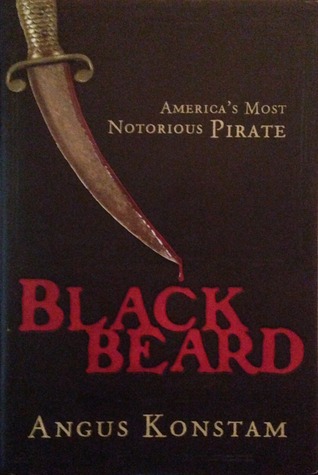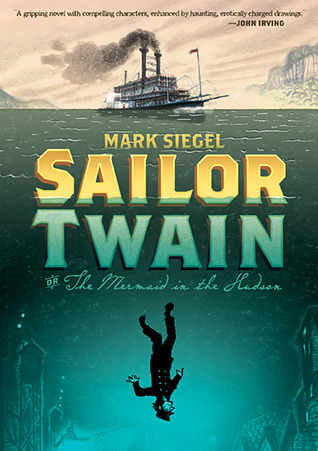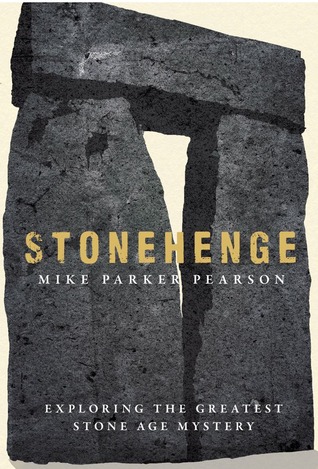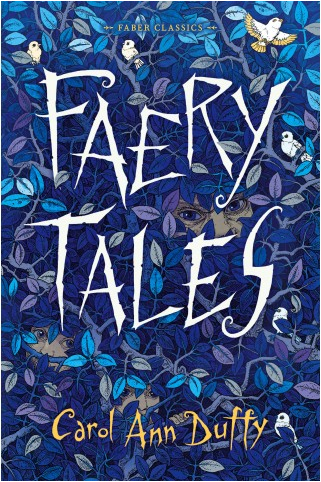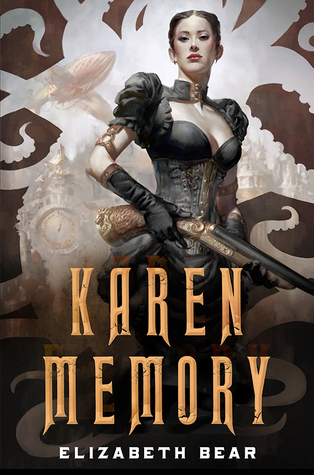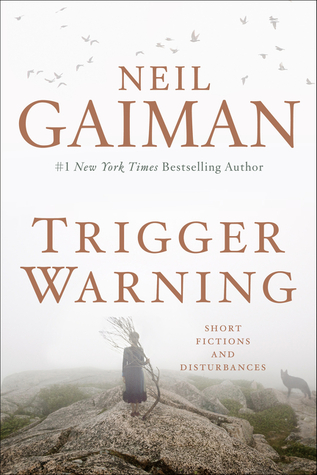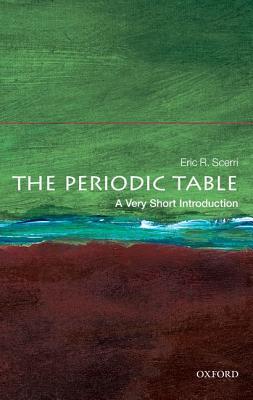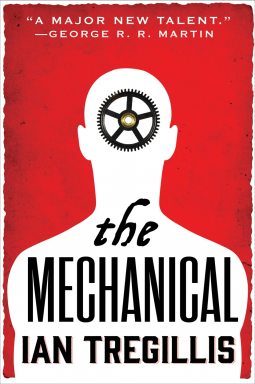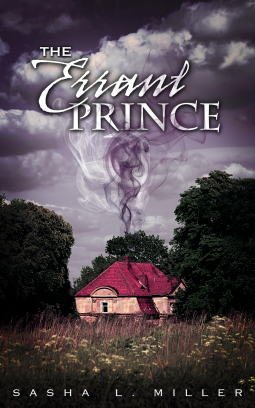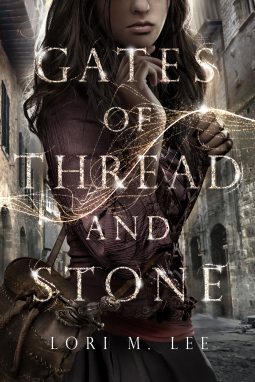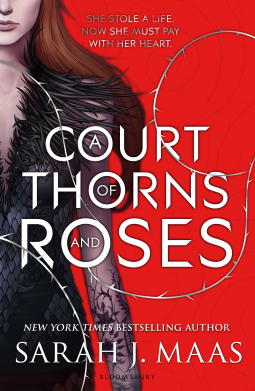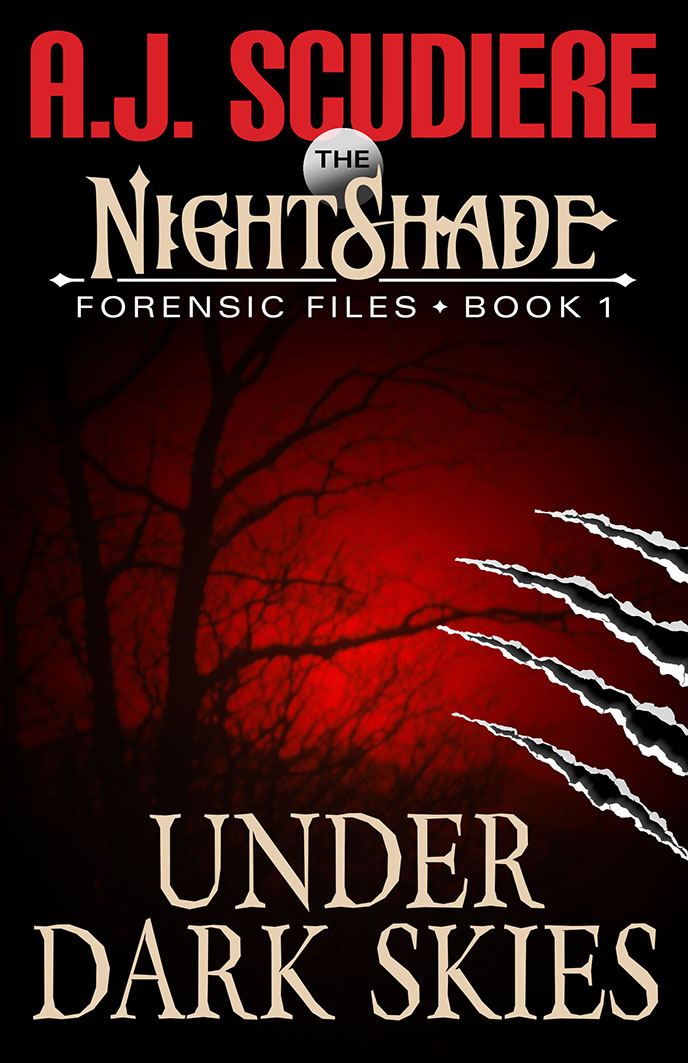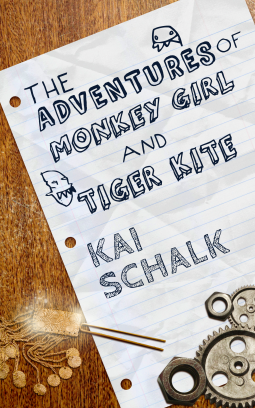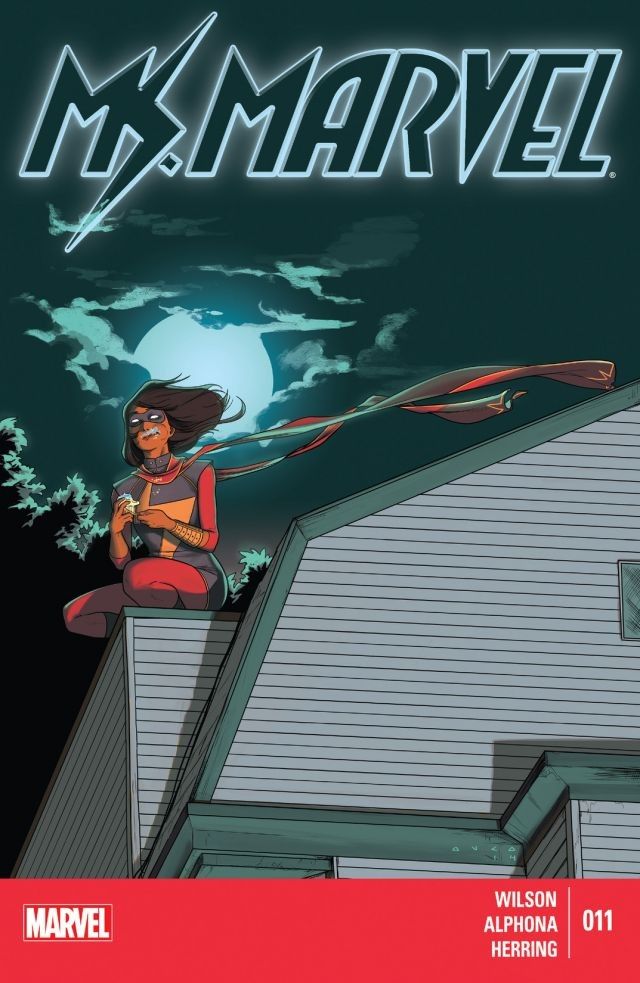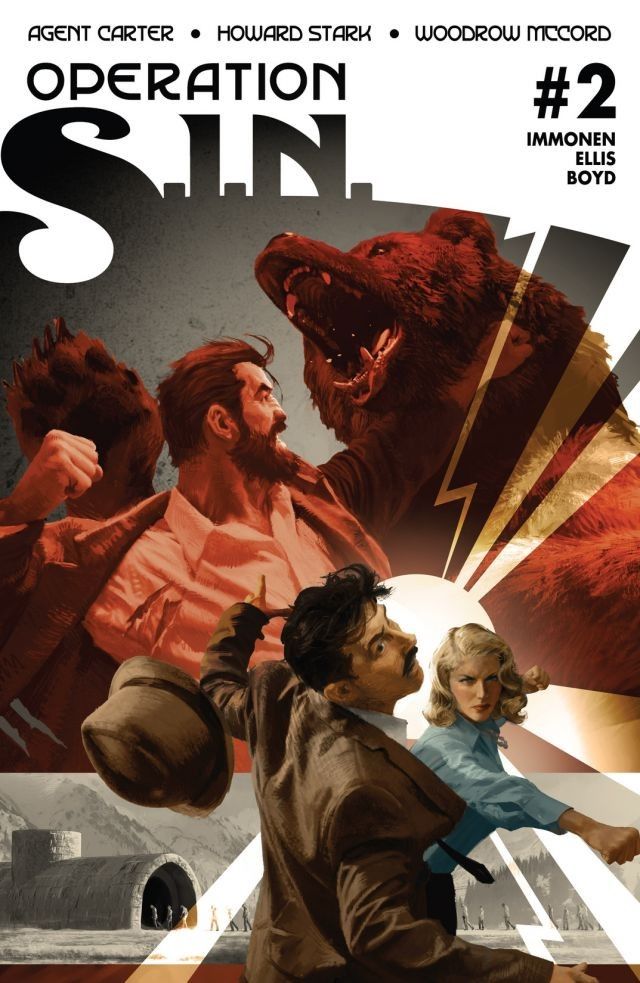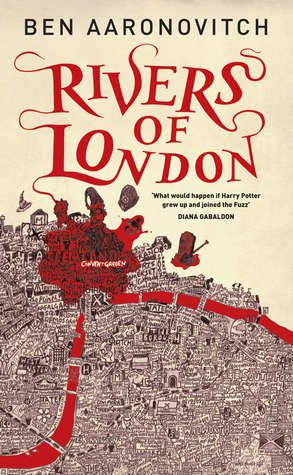Another entry in “Nikki picks up the most random stuff at the library”, though this might’ve been around the time Assassin’s Creed: Black Flag came out, when I also picked up a book on George Washington I haven’t read yet… In any case, this turned out to be a bit disappointing. There’s a wealth of information here about pirates in general, their ports and habits and motivations, and yet it all seems to work out to a big heap of nothing when it comes to Blackbeard. The conclusion seems to be he’s more myth than man, because what we have of him was witnessed by terrified victims and the authors of sensational tales — i.e., not the most likely group to stick to the truth and nothing but the truth.
It’s interesting to get an idea of what does survive from the period, but most of it is very flimsy, and it makes it worse that Konstam will introduce it, dismiss it, and then still build other suppositions on it. For example, he establishes that there’s no proof beyond gossip for Blackbeard being a Bristol boy, and then goes on to build a whole theory about his piratical career on the basis of him being a Bristol boy. The two theories then prop each other up, neither very substantial. Not good practice!
Rating: 2/5
